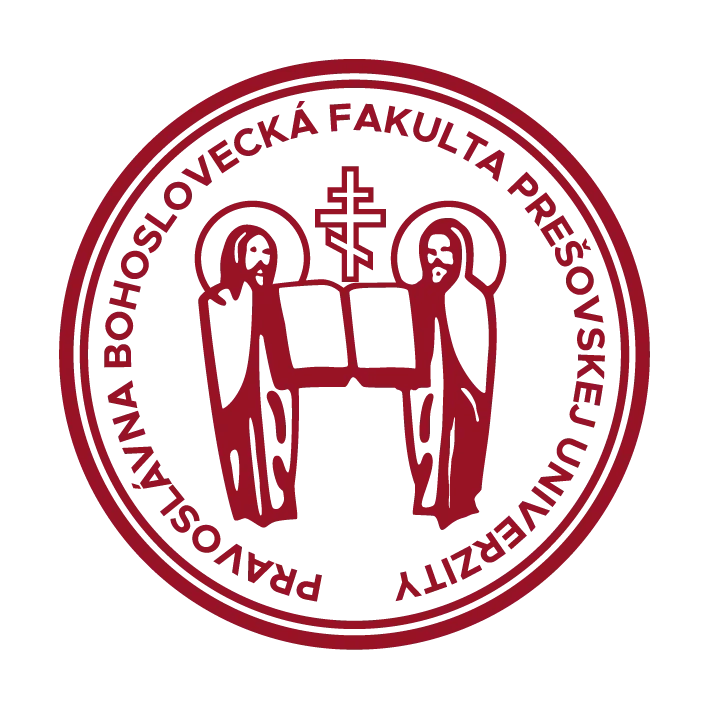PRODIC Vanja - PRODIC Slobodan - Acta PATRISTICA, volume 13, issue 27/2022
THE RELATIONSHIP OF COSMISM AND CHRISTIAN ETHICS TO THE BIOPOLITICS OF IMMORTALITY
/ОДНОС КОСМИЗМА И ХРИШЋАНСКЕ ЕТИКЕ ПРЕМА БИОПОЛИТИЦИ БЕСМРТНОСТИ/
Vanja PRODIC
specialist in psychiatry, Dom zdravlja Novi Sad, Novi Sad, Bulevar cara Lazara 75, 21102 Novi Sad, Serbia, prodic.vanja@gmail.com, 00381214879000
Slobodan PRODIC
associate professor, Faculty of European Legal and Political Studies, University Business Academy in Novi Sad, Narodnog fronta 53, 21102 Novi Sad, Serbia, porodicaprodic@gmail.com, 0038121417633
Abstract
Today, cosmism is often identified with the activities of Soviet scientists in the field of space research, and that it (cosmism) to a certain extent represented a kind of foundation for the latter's research in the field of transhumanism. Where are the roots of Russian cosmism and to what extent did the change in socio-political events influence Russian/Soviet cosmism to initially accept, then reject ideas based on Christian ethics and replace them with ideas of various polytheistic religions, and then to base it on atheism? Then, how it happened that during the last decade of the 20th century, that is, after the collapse of the USSR, cosmism moved again towards its proto-Eastern origin - Christian ethics, in this paper I will try to touch on only some of the information that can potentially be useful in a more detailed study the above questions. Also, I will try to briefly point out some of the key figures of Russian cosmism, as well as its practical side in the life of the Russian Orthodox Church in the present time.
Keywords
Cosmism, Russia, USSR, Bioethics, Orthodox Church
SUMMARY
"Cosmism", when we speak of the Russian/Soviet experience, represents an interesting but underdeveloped philosophical trend by Serbian scholars, despite the fact that it has left and is leaving its mark, especially when we speak of Christian ethics. The lack of research through works produced in the Serbian language encourages us to try to bring cosmism closer to the modern reader. The idea of cosmism undoubtedly has its postulates in Christian ethical values and especially in the process of human growth in virtues. This, in a practical sense, encouraged the cosmologists of the first generation to engage in the process of doing good for goodness sake. Some of the Russian monastics and philosophers, beginning with Zenkovsky, Soloviev, Karsavin, Bulgakov, Khomyakov, and Florensky, warned against this in their time. The events that began in 1917, then the civil war, as well as the creation of a completely new and different social environment, allowed the proponents of cosmism to begin to implement their ideas within the Soviet Union, now without the elements of Christian ethics. Man's control over energy, time and space became a preoccupation of Soviet scientists and science both before and after the Second World War. Communist ideology gave all this a special color when it spoke of achieving set goals. The concept of 'biopolitics' when talking about the areas of the Balkan Peninsula is rather reduced and limited. Russian cosmism has made biopolitics and bioethics indisputably intertwined. Contemporary Russian cosmism, and here we are referring primarily to the cosmism of the 21st century, realistically needs Orthodoxy in order to realize itself as an idea, to realize itself as a "cosmic anthropology" and a "cosmic sociology." The idea of vastness, and especially the idea of its immensity, still fascinates many Orthodox Christians.
(Language: serbian)
